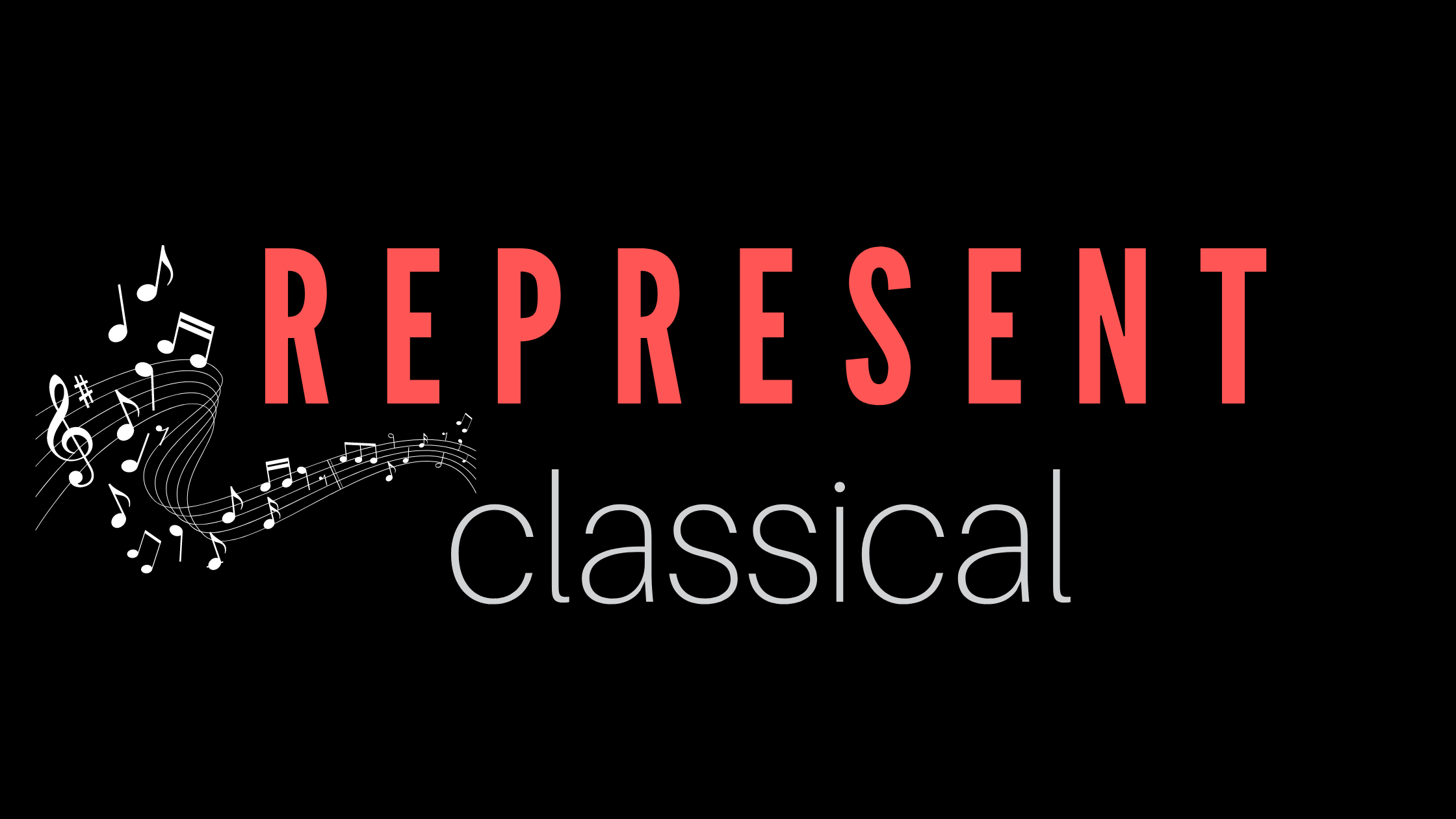The program features music by notable Black, Brown, and Asian historical and living composers performed by violinists Aurora Mendez and Celina Farmer, violist Jay Julio, and cellist Angelique Montes. Featured speaker Tatiana Hill will offer a history of her work with the NYC Office of the Community Liaison in the wake of Judge Shira Scheindlin’s 2013 ruling that “stop-and-frisk” policies are unconstitutional, and the path forward ten years later. General admission tickets are $15. Proceeds from these concerts directly support musicians and speakers. Free tickets are available at request to remove financial barriers to attendance.
Read MoreOn Tuesday May 9th exactly one year after the Black Orchestral Network (BON)’s “Day of Solidarity” addressing anti-Blackness in US orchestras, the organization released a statement on social media protesting the Kansas City Symphony’s recent denial of tenure to acclaimed Principal Percussionist Josh Jones. Represent Classical’s Jay Julio interviews BON co-founder and Steering Committee member Jennifer Arnold about this latest development.
Read MoreThe fearless approach that Slocumb continues to take in his follow-up book Symphony of Secrets envisions histories of Black composers and performers of diverse experiences pushing against oppressive systems, fighting for their lives and their art, and indeed winning. It offers hope as historical contributions by musicians of color continue to be excavated, and diverse modern-day masters continue to get increased recognition.
Read MoreIn collaboration with Groupmuse’s Planetary Music Movement and PROTESTRA, Sound Off: Music for Bail presents a hybrid program of chamber and orchestral music by leading contemporary and historical Black American composers alongside "Yet Unheard" a cantata dedicated to the life and memory of Sandra Bland by Rome Prize-winning composer Dr. Courtney Bryan at Playwrights Horizons Downtown.
Read MoreThe action was the longest strike by adjunct college faculty in U.S. history and part of an increasing trend in worker uprisings at U.S. colleges and universities this year.
According to a post on the union's strike update website "You Are The New School", the agreement represents what part-time faculty are calling "significant achievements" for the teachers who make up about 87% of the school's faculty.
Read MoreThe 3-day event is sponsored by the Dallas Symphony Orchestra and is now in its fourth year. The symposium's organizers say despite the fact that more women graduate from prominent conservatories and schools of music than their male counterparts, they are "severely underrepresented in titled conducting positions, in programming by major orchestras, on stage as soloists, and in management leadership positions."
Read Morehe positive, residual impact of this dialogue-based approach toward change can’t be denied; however, it’s becoming increasingly difficult to address today’s missteps and examples of inequity in performance spaces by and with words alone. It begs the question: What should the next stage of change-making in the arts look like, considering the relative normalization of the talk-centric aspects of this work?
Read MoreQuinteto Latino's mission is to disrupt racial and economic disparities within the classical music field by championing past, present, and future contributions by Latino composers and musicians. The organization promotes classical music by Latino and Latin American composers through performances, commissions, mentoring, and child and adult education.
Read MoreInspired by the viscerally provocative poem, "Here, Bullet" by Brian Turner, the art song of the same name by composer Kurt Erickson is, among many things, a plea for western classical arts spaces to directly address gun violence.
Read MoreWhile this story may seem inappropriate, exaggerated, and even far-fetched for many classical concert goers, the reality of gun violence is becoming more widespread and normalized across American society. As of mid-July, 2022, over 300 mass shootings had been reported in the United States, with associated deaths stacking up to over 60. Orchestral and opera venues have long been considered “safe spaces” where issues of systemic racism, patriarchal norms, and class division (among others) have been pushed to the proverbial nosebleeds, but as the issue of gun violence continues to grow, so should the attention that arts institutions are paying this issue.
Read More









